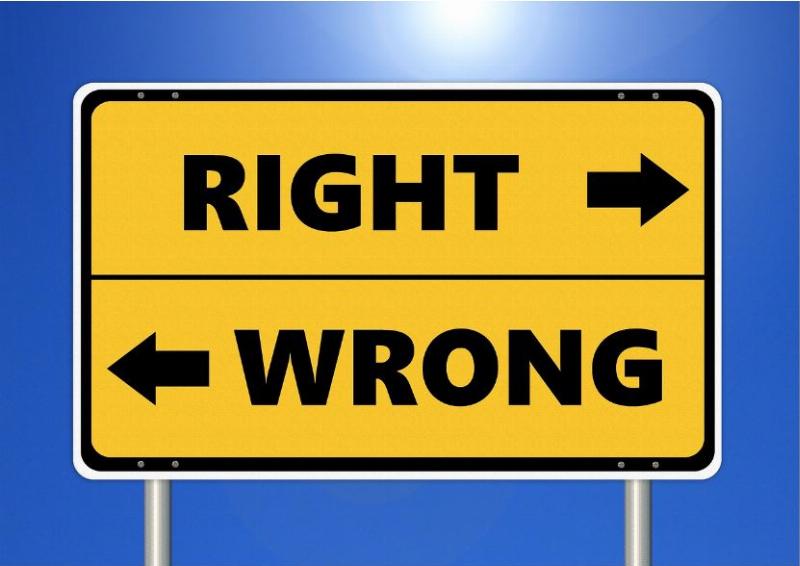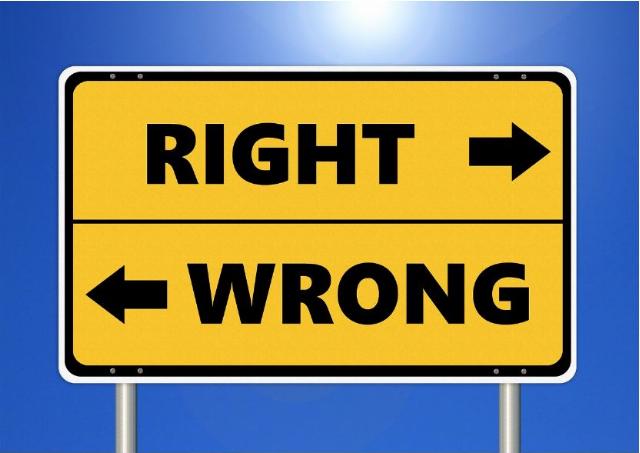


The phrase “If it bleeds, it leads,” remains as true today as ever. Nobody votes for Scrooge, but people are drawn to stories about him. Although social media occasionally highlights “feel-good” stories, catastrophes and scandals dominate headlines, reflecting a societal fascination with the negative.
Some argue that American society shows declining moral awareness. Rising polarization reveals a lack of empathy, with tribalism overtaking common ground. Crime statistics, showing a violent crime rate of nearly 364 per 100,000 people, suggest disregard for others’ well-being. This aligns with the saying “One death is a tragedy, a million is a statistic.” Stories like the three teenage girls who pleaded guilty to the carjacking and dragging death of a 73-year-old woman or the 14-year-old whose botched carjacking killed an Uber Eats driver raise concerns about whether we’re raising a generation lacking moral grounding.
Social issues such as homelessness, opioid addiction, failing schools, and rising antisemitism persist without collective action, which some view as apathy or moral failure. Cancel culture often prioritizes outrage over compassion, rushing to judgment rather than seeking nuance. Yet how much nuance is needed to distinguish between protecting children from harmful ideologies and parental rights? When does identifying evil stop being a rush to judgment?
A broader question emerges: Are we losing our sense of conscience? This scriptural quote comes to my mind quite often:
Woe to those who call evil good
and good evil,
who put darkness for light
and light for darkness,
who put bitter for sweet
and sweet for bitter! (Isa. 5:20)
Are people unable to distinguish right from wrong, or are they choosing evil over good? Recent decades’ scandals suggest the latter. The Clintons’ political tenure was marred by Bill’s extramarital affairs, Hillary’s alleged involvement in selling classified hypersonic missile technology to Russia, and the Crossfire Hurricane affair. Barack Obama’s “scandal-free” presidency included controversies like Benghazi, Fast and Furious, and the IRS targeting scandal. Joe Biden’s tenure continues to yield revelations. Other examples include James Comey’s defense of Hillary Clinton and his cryptic “8647” post and Adam Schiff’s unsubstantiated claims about Trump’s Russia ties.
To avoid despair, consider the “10-80-10 Rule” or the Fraud Triangle: 10% of people are inherently honest, 80% act dishonestly given opportunity, motivation, and rationalization, and 10% actively seek to cheat. Identifying the latter group is increasingly easy, as many no longer hide their actions.
Yet there’s evidence of moral engagement. In 2023, Americans donated $557.16 billion to charities, showing a strong impulse to help. During the pandemic, 124.7 million people — nearly half the U.S. population aged 16 and over — informally aided neighbors, with Baby Boomers, veterans, and parents helping at rates near 60%. Grassroots efforts and mutual aid networks, often highlighted on X, reveal a persistent moral pulse, even if unevenly expressed.
Evidence suggests that conservatives may be more charitable than liberals. This is attributed to factors such as higher religiosity, skepticism of government redistribution, strong family structures, and entrepreneurial spirit. However, the state of our collective conscience exists in tension. Personal generosity reflects moral engagement, but systemic issues and cultural divides create an impression of decay.
No single metric proves or disproves a societal lack of conscience. It’s more accurate to say conscience is inconsistent, shaped by environment, incentives, and information overload.
How can we form a healthy conscience? Aligning personal moral judgments with truth, reason, and divine law through prayer, reflection, and study of Scripture or Church teachings is one path. Regularly performing an examination of conscience, using frameworks like the Ten Commandments, helps identify moral failings. Parents can foster this in children with age-appropriate versions.
In conclusion, our collective conscience is not absent, but fragmented. Social media amplify moral engagement and failings, reflecting a society wrestling with competing values: connection versus division, authenticity versus performance, empathy versus self-interest. Platforms, driven by profit, often reward outrage or superficial engagement, drowning out moral discourse. Yet they also empower users to advocate for change, build communities, and demand accountability, showing conscience at work.

Image via Pixabay.
